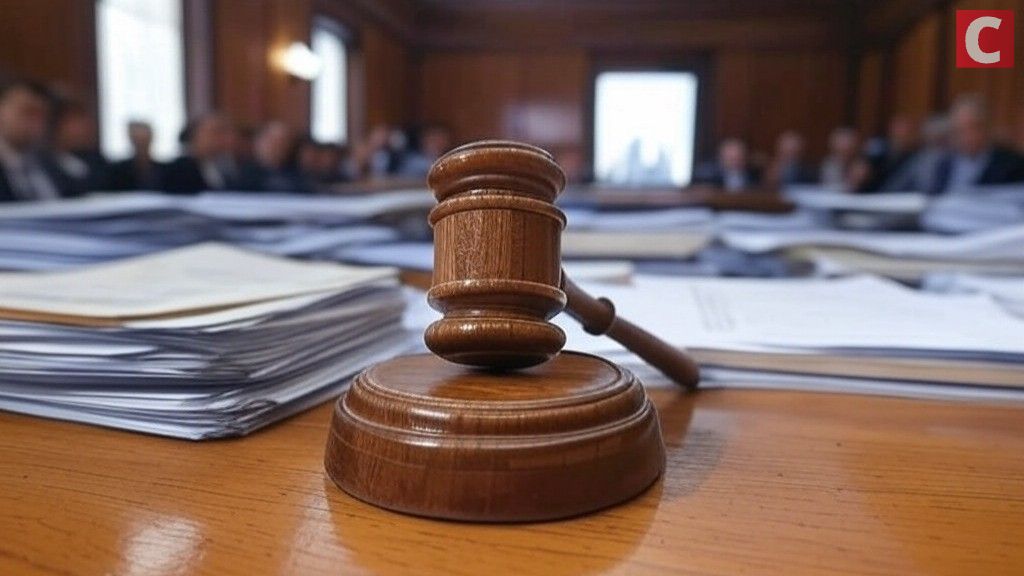Key notes
- The bill on digital assets and consumer protection from Illinois has evolved the State Senate.
- The representatives of the Chamber of Illinois should adopt the bill with the signing of the governor who marked the last obstacle.
- The main objective of the bill is to protect state investors from avoidable scams.
The Illinois Senate adopted a bill to regulate digital asset companies operating in the state. The new law responds to an increase in scams and cases of fraud, in particular those involving parts even. The new regulatory framework aims to resolve the number of these scam tokens has led to financial loss for investors.
Senate bill 1797 to establish cryptography rules
The Senate of Illinois voted 39 to 17 in favor of the Senate Bill 1797, also known as the law on digital assets and consumer protection. The bill, presented by Senator Mark Walker in February, gives the Illinois financial and professional regulation department the power to supervise digital asset companies at the service of state residents.
Under the new rules, any company or individual rendered digital asset services in Illinois must register with the ministry. This includes organizations involved in cryptocurrency exchange services, trading or storage.
No individual or company can offer crypto services to Illinois residents without registration. Even advertising services without approval would be a violation.
According to the update, companies must also disclose all user costs before providing a service. The objective of the report is to create transparency and stop misleading users with hidden fees.
Senator Walker said the bill was necessary due to the increase in fraud in cryptographic space. There was recently a wave of scams, including a case in which the founder of Gotbit pleaded guilty to fraud linked to the crypto.
While cryptographic innovations offer financial opportunities, the senator noted that they also had risks, such as deception and sudden collapse. The bill has prerogative to set clear standards and protect everyday people from scam tokens.
The legislation was transferred to the Illinois Chamber for a more in -depth discussion. If it is adopted by the Chamber, he will then be sent to the Governor for final approval.
Same money scandals stretch the demand for surveillance
It should be noted that this legislative push follows a series of scandals involving pieces even. These are digital tokens often motivated by internet trends and are sometimes promoted by public personalities. Although they tend to draw rapid attention and a media threshing, they are just as likely to crash suddenly, leaving investors heavy losses to investors.
A recent case involved the controversial memes piece known as the balance token, linked to the Argentinian president Javier Milei. In March, the initiates would have withdrawn more than $ 100 million in liquidity, triggering an accident of 94% and annihilating around $ 4.5 billion in market value.
Another figure, Hayden Davis, was behind the balanced token and a token called Wolf. The reports show that more than 80% of Wolf supplies remain under the control of an entity. When sold, the token dropped 99%. These cases have raised calls for stronger surveillance, an Argentinian lawyer asking Interpol to issue a red opinion for Davis.
Illinois legislators believe that the new bill is a step towards the protection of residents and the creation of rules in an industry that has grown with little control.
following
Non-liability clause: Coinspeaker undertakes to provide impartial and transparent reports. This article aims to provide precise and timely information, but should not be considered as financial or investment advice. Since market conditions can change quickly, we encourage you to check the information for yourself and consult a professional before making decisions according to this content.

Benjamin Godfrey is a blockchain enthusiast and a journalist who savor the writing of actual applications for blockchain technology and innovations to stimulate general acceptance and global integration of emerging technology. His desire to educate people on cryptocurrencies inspires his contributions to renowned media and blockchain sites.




